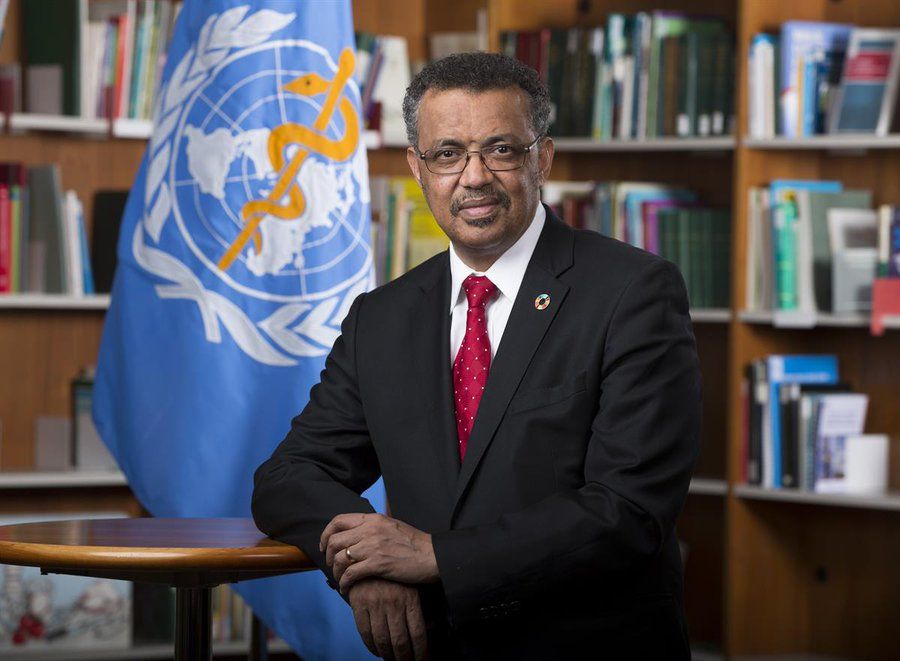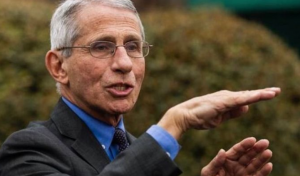Amid a row with the British-Swedish drug giant AstraZeneca, the European Commission on Friday birthed a scheme to monitor the production of vaccines produced in the EU. The scheme, in certain cases, will also halt the exports of vaccines.
This EU move was sternly criticised by the World Health organization and as per reports risked creating conflict with the United Kingdom after London and Brussels sealed a trade deal.
Commenting on the scheme, EU Commission vice-president Valdis Dombrovskis said: “We paid these companies to increase production and now we expect them to deliver.”
Also Read | Inside the world’s biggest vaccine factory, India’s Serum Institute
“Today’s measure has been adopted with the utmost urgency. The aim is to provide us immediately with full transparency…. And if needed, it also will provide us with a tool to ensure vaccine deliveries.”
Meanwhile, the world health body said the move was part of a ‘very worrying trend’ and this could jeopardise the global supply chain of the vaccine.
The tussle between the EU-Britain has brought to the fore the impact on the shortages of mass vaccination programmes.
In view of this, WHO chief Tedros Adhanom Ghebreyesus warned against “vaccine nationalism”. He added that there was a “real danger that the very tools that could help to end the pandemic -– vaccines –- may exacerbate” global inequality.
Mariangela Simao, WHO assistant director for access to medicines and health product echoed the same emotion: “It is not helpful to have any country at this stage putting export bans or export barriers that will not allow for the free movement of the necessary ingredients that will make vaccines, diagnostics and other medicines available to all the world.”
The EU’s plan applies only to those coronavirus vaccines that are covered by advance purchase agreements between drug companies and the European Commission.
Those firms in the EU will have to apply for an authorisation to export doses meant for countries outside the bloc, and show their export records for the previous three months.
A response would normally be given within 48 hours, though that could be extended if necessary.
Also Read | Johnson &Johnson COVID vaccine 65% effective, weaker against South Africa strain
The officials also noted that the EU’s vaccine procurement portfolio is for 2.5 billion doses of authorised and potential vaccines — more than enough for the bloc’s 450 million inhabitants.
Most non-EU countries in and around Europe, such as Switzerland, those in the Balkans or micro-states like Monaco, are exempted from the measure.
But Britain, which last year left the EU amid much acrimony, is not.







